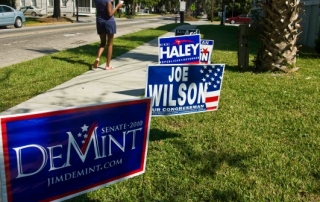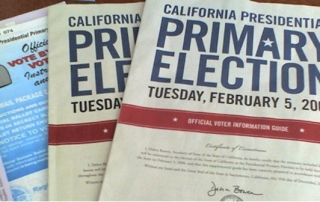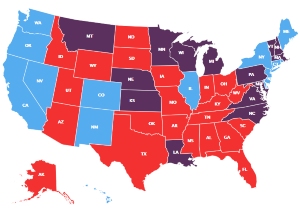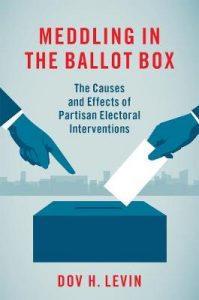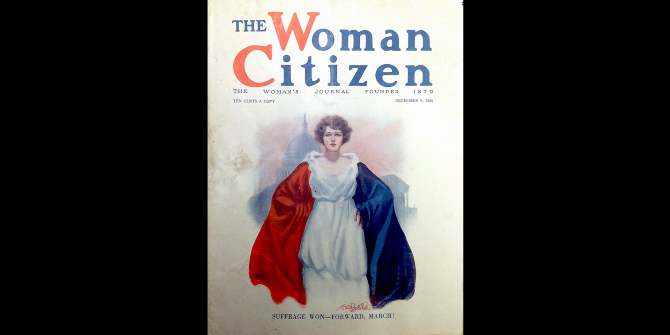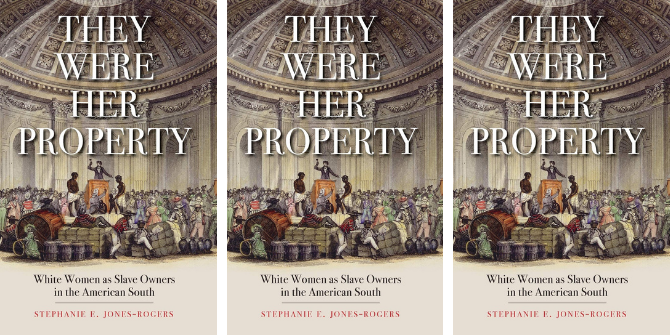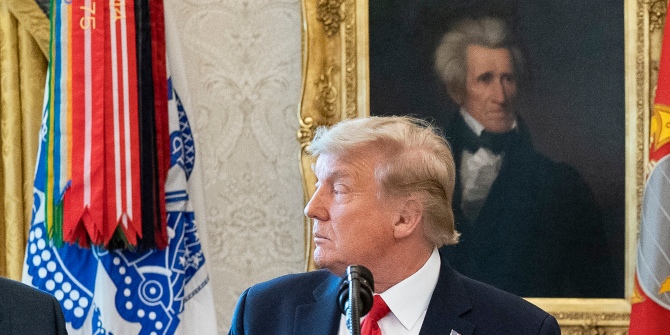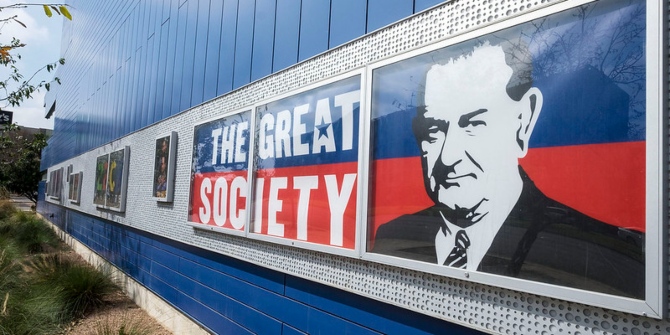National polarization means that it no longer pays for local candidates to appeal to all voters
In theory, political candidates who have the widest appeal are the most likely to win elections. But recent decades have shown us that this is decidedly not the case: polarization now means that quite extreme candidates win elections in many districts. Mattias Polborn uses a new model of legislative elections and finds that extreme candidates are likely to prevail […]


